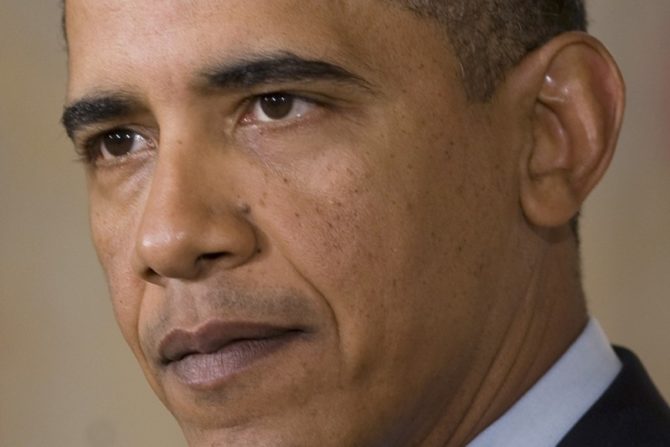The French-American Foundation Weekly Brief

United States
According to The Washington Post, President Obama stated that the suspect in the Christmas Day bombing attempt was most likely associated with a Yemen-based arm of Al Qaeda. In similar news, The Christian Science Monitor reported that the U.S. and Great Britain have closed their embassies in the Yemeni capital of Sana’a for an undetermined amount of time, while the French embassy is taking extra precautions but has not closed, according to Le Monde.
The anti-texting-while-driving movement has garnered a lot of attention in recent weeks, and has become, what some are calling, today’s “hottest safety issue,” according to The New York Times. State legislatures across the country have put forward a total of 200 bills aimed at reducing texting while driving, or “distracted driving” incidents, and the majority of people [90%] who participated in a recent poll on the issue believed it should be “made illegal.” USA Today posted an article listing the eighteen states, as well as Washington D.C. and Guam, where texting while driving has been banned.
France
President Sarkozy’s “flagship” carbon tax is expected to be effective July 1st, according to The Irish Times. Sarkozy’s original measure was rejected by the constitutional court just a few weeks ago because it exempted many of France’s biggest carbon emitters from paying. While it is not yet finalized,The Wall Street Journal reported that the new law is expected to be tougher on big carbon emitting companies, and will also include “incentive mechanisms” to increase vigilance towards emission reduction.
The H1N1 flu vaccine, of which the French government bought a surplus, is now being sold and given to countries where it is needed most, according to The Connexion. According to the article, French health officials, who were going off of “early medical advice,” bought enough vaccine in July 2009 for two doses per person, but did not end up use nearly as much as expected. The French government’s protective move of buying large amounts of vaccine has caused controversy in recent weeks, but according to the Minister of National Education Luc Chatel, who was recently interviewed by France Info, it was the government’s over-preparedness that prevented the epidemic from escalating.
Business and Economy
According Le Nouvel Observateur, French new car sales increased by 10.7% in 2009, which is considered to be the biggest jump in sales “since 1990.” However, despite the government subsidies that have driven customers to trade in their old cars for new ones — which some experts believe has caused the spike in new car sales — Renault executives project that sales will eventually dip in the later part of 2010, according to Tuesday’s Wall Street Journal.
In similar news, residents of Detroit, the traditional hub of the U.S. auto industry, are doubtful that the U.S. government can restore the industry to its original level of productivity and profitability, according to The Washington Post. In the article, residents commended President Obama’s efforts, but affirm that they are concerned that the unemployment rates for Detroit and the State of Michigan — which have both the highest urban and state unemployment rates in the country, respectively — indicate the federal government’s inability to “solve [the] problems it takes on.”
International
An article in this week’s New York Times made a connection between a group of anti-gay American Evangelical Christians and a recent Ugandan bill that condones the execution of homosexuals. A group of three Americans held a series of talks in Uganda last March that were intended to educate and warn attendees about the threats of the “gay agenda.” Weeks later, Uganda’s Anti-Homosexuality Bill was instituted. This week, leaders around the world, as well as some Evangelical Christians in the U.S., are calling out against the bill, saying that it is inhumane, but there has been no further information about a connection between the Americans and Ugandan lawmakers, according to The San Francisco Chronicle. The Ugandan government has stated that it will “soften” the bill to “exclude the death provision.”
Environmental refugees may be the next major global issue, according to The New York Times. In a recent article, the Times noted that thousands of refugees left homeless from natural disasters are migrating to nearby “megacities” that are unprepared for the “rapid and unplanned” increase in urbanization. An increase in global climate change could exacerbate the already problematic situation, which is why national governments, aid groups and individuals — like the British traveler featured in a recent BBC article — are starting to raise awareness.
Share to: Facebook Twitter LinkedIn Email



